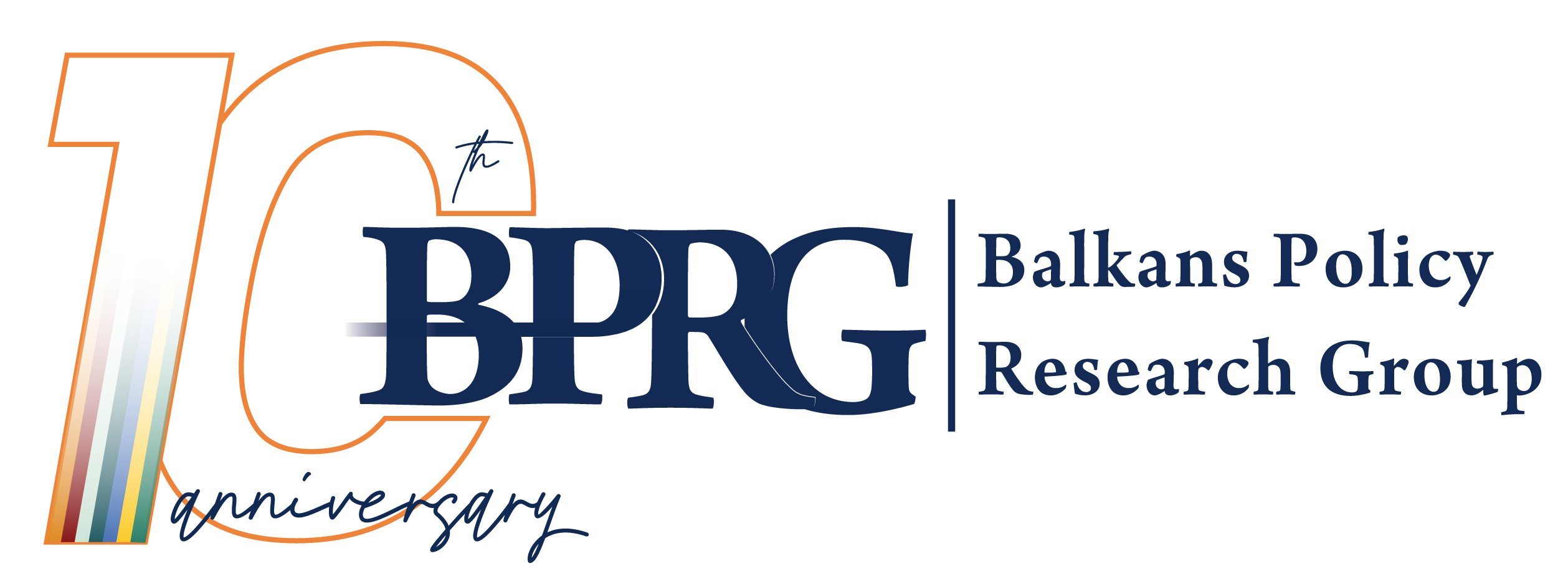Imer Mushkolaj
Restoring the trust of citizens in the process, remains one of the biggest challenges that the continuation of the Kosovo-Serbia dialogue is facing. It is tough to convince citizens that the reached agreements will benefit them, when they are not being implemented in practice.
From the very beginning, the process of the dialogue between Kosovo and Serbia, was characterized by skepticism, lack of transparency and fear. Although in its beginnings, the dialogue was proclaimed to be beneficial to its citizens, it soon turned into a clash for political benefits of the parties, leaving adrift many agreements reached through Brussels’ facilitation.
Mentioning just two of the reached agreements is sufficient to understand, that the process of the dialogue was more of a political slogan, than a process serving the citizens or making their lives easier.
The agreement for revitalization of the Mitrovica Bridge was signed in July 2014. Within a few months, it will be seven years from when it was reached, and the bridge is not fully finished yet.
It is hence difficult to convince the citizens that the reached agreements will serve them, when the agreements are not being implemented in practice.
While the revitalization of the bridge would benefit the citizens living in Kosovo, there is another agreement that would benefit all the citizens of Kosovo and Serbia. The agreement for mutual recognition of university diplomas was signed almost a decade ago, on 2 July 2011; though it has not been implemented yet. Consequently, diplomas issued by Kosovo’s higher education institutions are still not recognized in Serbia, even though Kosovo had in the meantime registered some strides in this direction.
According to the parties involved, the Brussels- facilitated agreements, aim for a full normalization of relations between the two countries. Nevertheless, it was never clearly explained what this normalization meant, as the parties, hereto, often undertook actions which did not lead towards normalization but rather towards worsening of their relations. The “individual” interpretations of the reached agreements as well as of everything else linked with the dialogue, has negatively impacted the current situation.
In one of its last year reports – analyzing a seven year period, starting from the first normalization agreement (Brussels Agreement of 2013) – the Kosovo Democratic Institute has underlined the fact that the an eventual final agreement between the two states, needs to avoid the “constructive ambiguity,” preventing different interpretations from both parties, which may as a result lead to unimplemented agreements.
According to the same report, the lack of warranty and supervisory mechanisms for implementation of the agreements, as well as lack of political will from both parties (for their implementation), has converted some of the agreements into unimplemented documents.
Each side has followed the approach of “blaming the other” for the lack of results in practice. Meanwhile, the lack of transparency in the implementation process (of the agreements) has also raised public doubts. According to “Kosovo-Serbia Technical Dialogue Agreements: Field Impressions” report, published in February 2020 by the Kosovo Center for Security Studies, the vast majority of the respondents in Kosovo and in Serbia were uninformed in terms of the content of these agreements. Moreover, the majority of them believe that the dialogue was not useful for the citizens.
These results should represent an alarming bell for all those who want to move the dialogue forward, unconditionally, regardless of its outcomes so far.
Surely, the dialogue has no alternative, but prior to proceeding any further, it is substantial to individually evaluate the implementation of each agreement, to address the obstacles and responsibilities, and to propose appropriate solutions. Any attempt for the continuation of the dialogue at any cost, with no necessary preparation and from triumphant starting positions of the parties, would be useless.
Everything must be transparent. The agenda as well as the steps leading to the end must be clear, leaving no space for conspiracy theories. This means that everything needs to be clarified if we want everything to be easily accepted.
Parties should not hold any more meetings -without a specific purpose- just to create the false impression that everything is fine. It is the content of the dialogue that really matters. That is- beyond specific goals that the parties may have, in order to declare themselves as winners.
Otherwise, they will still face the deep disbelief of the citizens and this will- in turn- make it very difficult for them to justify a final agreement, which is expected to be reached at the end of the process. After all, if the agreement for the revitalization of a bridge was not implemented, how can one believe that the construction of a strong bridge between the two nations and the two states is to happen?!
This op-ed is originally written in Albanian.
The op-ed is supported by the Royal Norwegian Embassy in Pristina. The opinions are of the authors and do not reflect the views of Balkans Policy Research Group and the donor.



